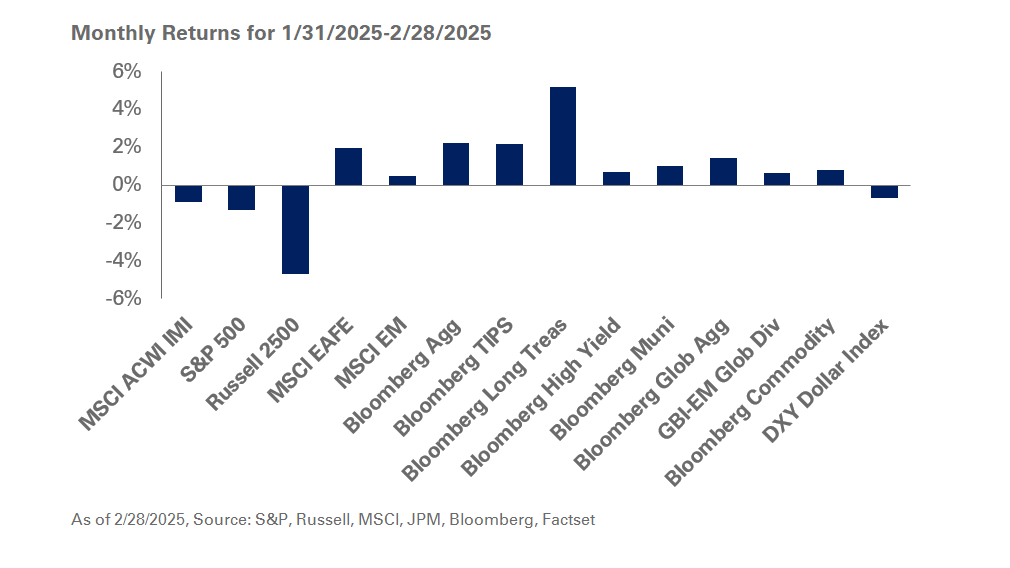NEPC Key Investment Themes represent our view of important macro-economic drivers of the global economy in 2023. Themes evolve and interact, influencing asset values, allocations, portfolio implementation and opportunities. A disruption of a theme likely alters market dynamics and our investment outlook.
CHINA REOPENING
China’s reopening and stripping away of stringent restrictions around COVID-19 will have global implications for growth, trade and inflation.
Its zero-COVID policies of the last three years have strained China’s finances, soured economic sentiment, disrupted global supply chains and inflamed social unrest. In a jarring pivot, the government is now signaling a pro-growth stance to realign fiscal balances and improve economic outlook. This abrupt turnaround is likely to create imbalances in China’s services and consumer sectors and could unleash pent-up consumer demand within its economy. The resurgence in China’s consumer spending will be impacted by the frequency and scale of COVID surges across major cities. While its economic reopening may take the pressure off supply chains, it could also potentially fan the flames of inflation around the world with increased demand for energy as China is a large importer of LNG and will be competing with Europe for incremental supply across global natural gas markets.
At NEPC, we are studying the disruptions that could occur as a result of China’s reopening. We have seen several global market corrections emanate from the world’s second-largest economy and its most populous nation; triggers have included changes in corporate regulatory controls, volatility spikes in the yuan, and shifts in demand for commodities. China’s heft on the global stage and in investment portfolios mean that changes within the country will have an outsized impact, with disruptions fueling opportunities and volatility across the capital markets.
Meanwhile, China’s ascendancy as a strategic competitor to the U.S. sets the stage for two of the world’s largest economies facing off across a wide range of sectors, for instance, artificial intelligence and 5G. While tensions between China and the United States will likely remain, we believe geopolitical relations will be competitive in nature and not conflict-oriented because of the extent of the economic integration between the two countries.
For investment portfolios, the growing access to China’s local financial markets and its inclusion by global index providers has expanded its already large share of the emerging markets. We encourage a strategic bias to emerging market stocks and believe a strategic overweight is supported by higher return expectations and the long-term growth potential in Asia. China is the core of the emerging market opportunity, and with the expansion of domestic consumption we believe it is critical to maintain full exposure to strategic asset allocation targets to emerging market equities as it is exceedingly challenging to time the boom-and-bust cycles associated with China’s equity markets.



